Earth And Environmental Science
-

28 faculty honored at endowed chair investiture
The distinguished faculty members and deans representing eight colleges and schools were presented with medallions that symbolize the attainment of their positions and will become part of their official academic regalia. Chair holders contribute their expertise to real-world challenges, including climate change, political inequality and access to justice, artificial intelligence and ICU trauma. Read MoreApr 11, 2024
-

CLASS OF 2024: Call to nature helps Danait Issac build community and cultural bonds
WATCH: See how Danait Issac is sharing her love of her Eritrean heritage and the great outdoors to empower and connect Vanderbilt students. Read MoreFeb 23, 2024
-
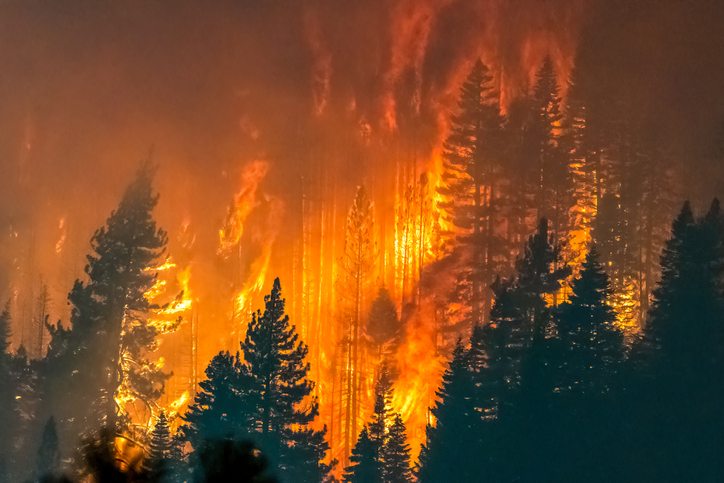
New technique unlocks ancient history of climate and wildfires recorded in California cave rocks
With a newly developed technique, Vanderbilt professor Jessica Oster is revealing how prehistoric climate change shaped fire activity in California. Read MoreJan 23, 2023
-
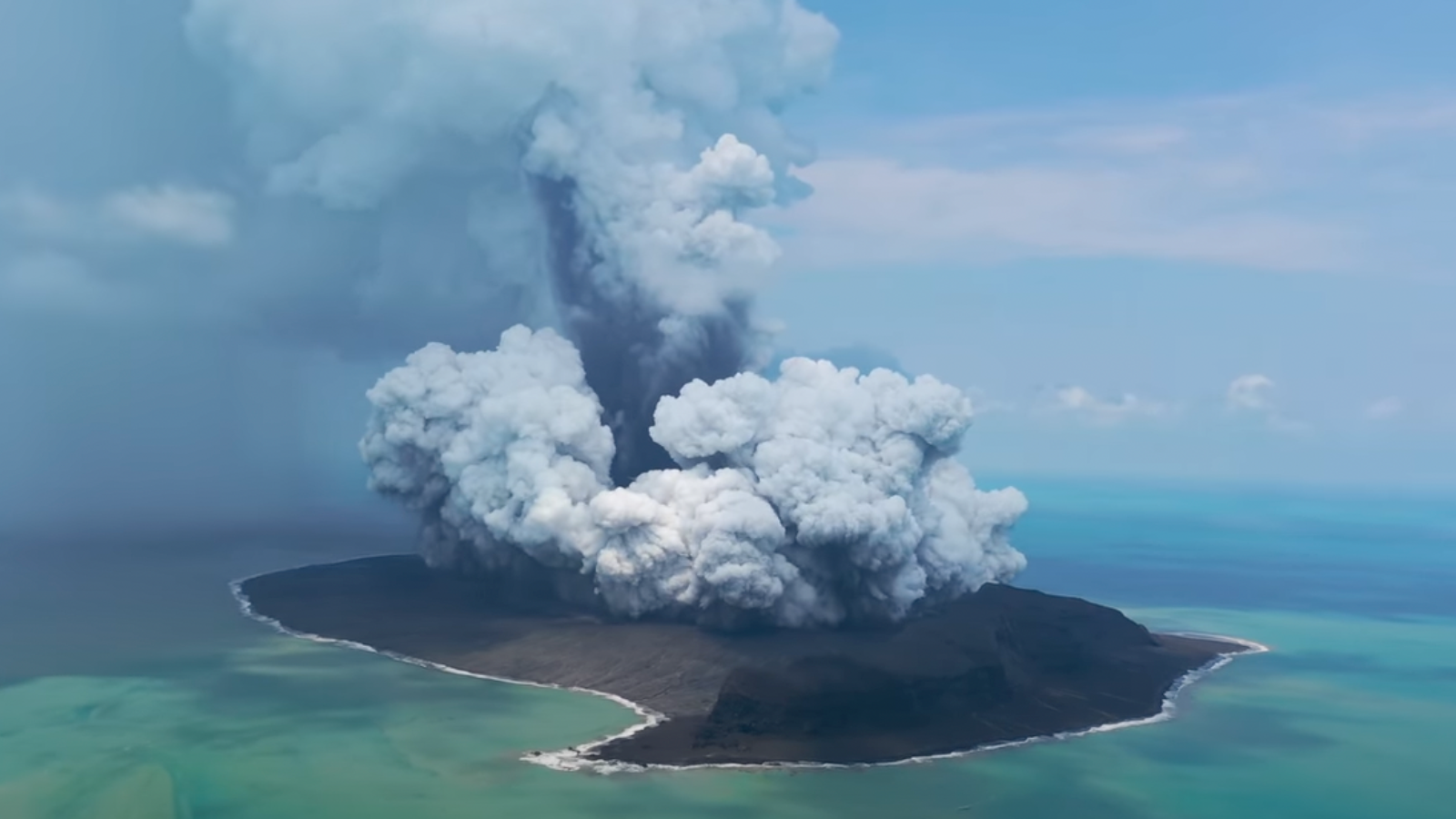
Research Snapshot: Tonga volcanic eruption creates foundational knowledge, portends short-term climate effects
A submarine volcanic eruption in the Kingdom of Tonga sheds light on volcanic behavior and new ways to understand the impact of volcanoes on climate. Est. reading time: 2.5 mins. Read MoreJan 23, 2023
-
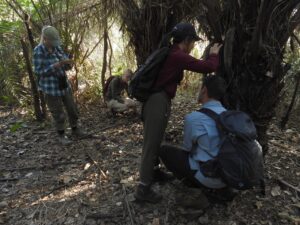
Vanderbilt researchers bring paleoecology into the 21st century
Feedback from editors and reviewers of academic journals is an often-understated driver of new research directions. Assistant Professor of Earth and environmental sciences Simon Darroch, found this to be the case for his new paper examining the differences between geographic ranges of species historic and living. Read MoreJul 14, 2022
-
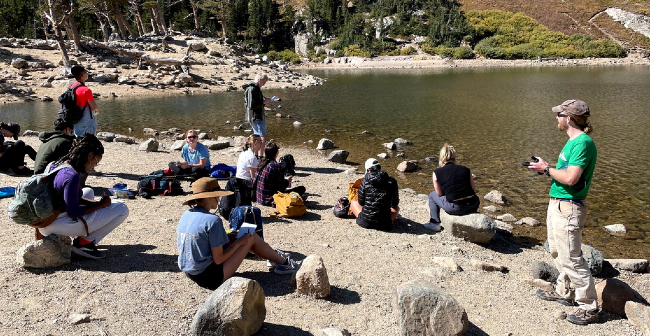
Research in Colorado mountains takes students’ environmental immersion to new heights
Students in the Glacial Geology class took their research to new levels of immersion, collecting soil and rock samples at an elevation of 9,000 feet in the Sawatch Mountain Range of Colorado. Their research helps show the movement of glaciers, ultimately giving clues about the impact of climate change. Read MoreJan 20, 2022
-
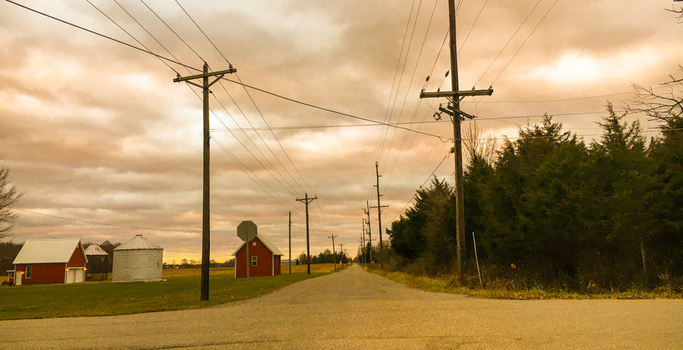
Vanderbilt and University of Tennessee-Knoxville win Sustainable Regional Systems Research Network grant from National Science Foundation
Vanderbilt faculty Jonathan Gilligan and Janey Camp will work with researchers from the University of Tennessee-Knoxville and involved entities to propose a large-scale research network with the goal of improving interrelated electric, transportation and communications services in areas with infrastructure served by the Tennessee Valley Authority. Read MoreSep 30, 2021
-
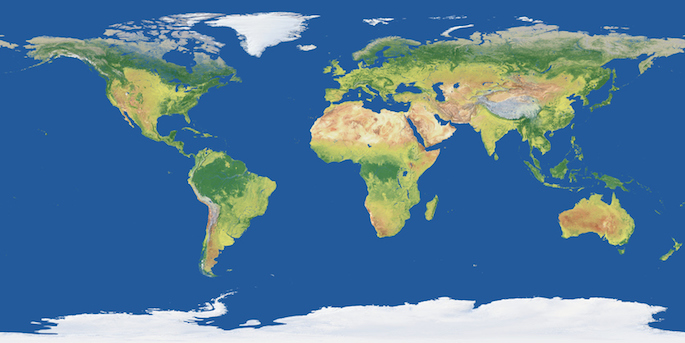
Research Snapshot: How will the global community react if vulnerable nations pioneer solar radiation geoengineering
Simulating controversial responses to climate change, researchers illustrate how a small group of nations may influence climate change in the decades to come. Est. reading time: 2 mins. Read MoreAug 23, 2021
-
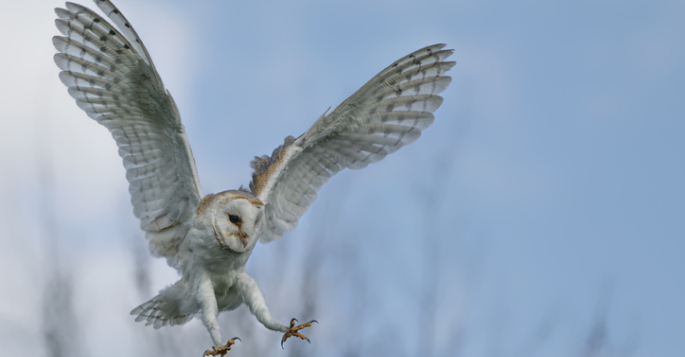
Vanderbilt scientists use fossil records to understand the present, predict future ecosystems
Vanderbilt environmental scientists show that patterns found in fossil records of ancient ecosystems may be the key to combating today’s biodiversity crisis and making informed conservation decisions. Read MoreApr 19, 2021
-
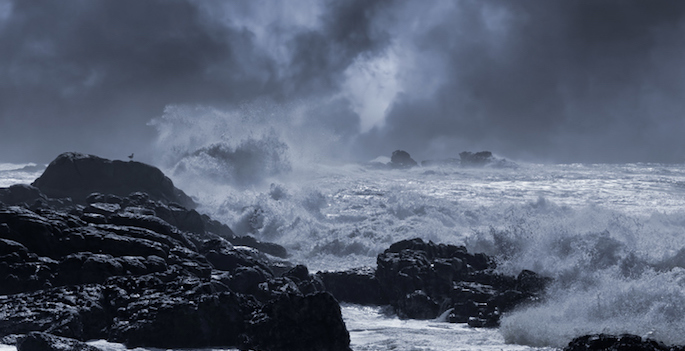
Evidence suggests climate whiplash may have more extremes in store for California
Vanderbilt paleoclimatologists deploy first calcium isotope analysis of North American stalagmite to show how past weather extremes may predict events in California. Read MoreFeb 24, 2021
-
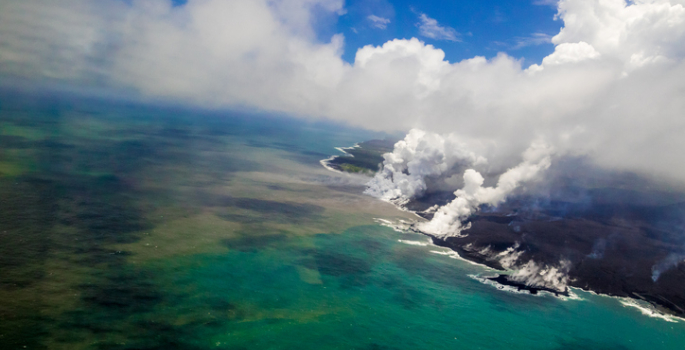
NASA-funded project uses images from space to study underwater volcanoes
Interdisciplinary Earth scientists explore how little-understood underwater volcanoes affect the atmosphere. Read MoreNov 18, 2020
-
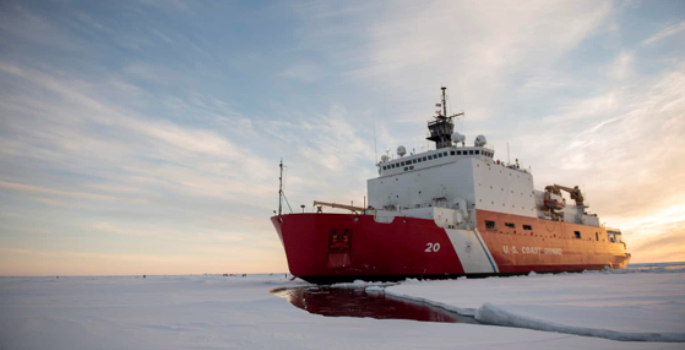
Vanderbilt scientists awarded NSF grant to examine the future of international shipping in the Arctic Ocean
Comparing risk of shipping along the Arctic and the Suez Canal through 2100 scientists weigh factors including climate change in their calculations. Read MoreSep 11, 2020
-
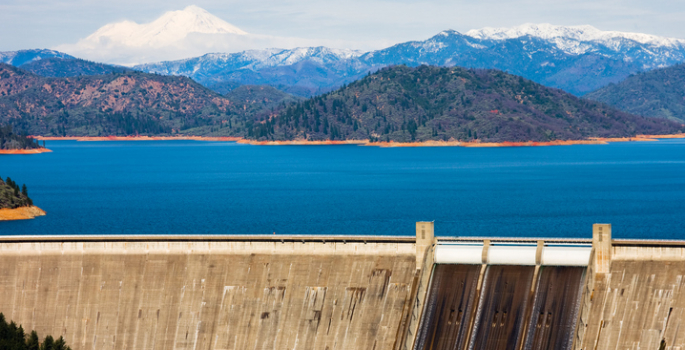
Geochemical analysis from the last ice age may hold clues for future climate change and preparedness strategies
Paleoclimatologist Jessica Oster uses geological clues from stalagmites to explore implications for future climate change. Read MoreJul 14, 2020
-
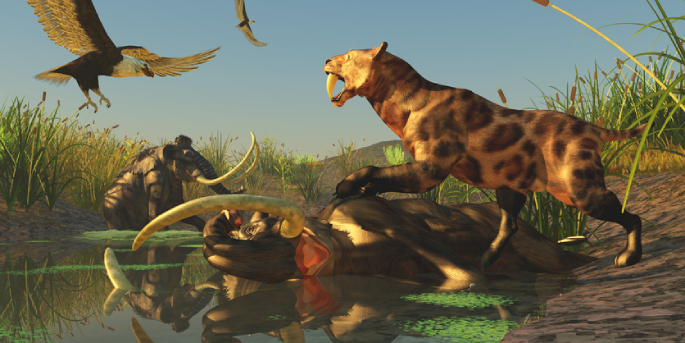
International collaboration draws new conclusions about ‘convergent evolution’ of saber-tooth cats
International collaboration shows that marsupial saber-tooth cats were more closely related to possums than fearsome predators. Read MoreJun 26, 2020
-
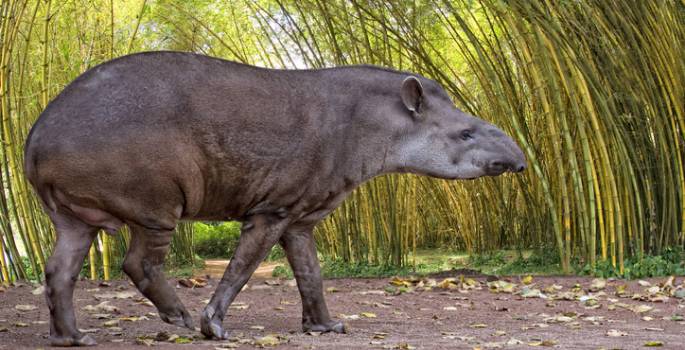
Unexpected mammal provides insight into the lives of ancient hominins
Paleontologist and associate professor of biological sciences Larisa DeSantis finds answers about early hominin diets are with an unrelated group of mammals—tapirs. Read MoreJun 11, 2020
-

Students have front-row seat for international climate change negotiations
As part of its continuing commitment to understanding and combating climate change issues through education and action, Vanderbilt University is now an accredited, official observer of the United Nations Framework on Climate Change. Read MoreFeb 10, 2020
-
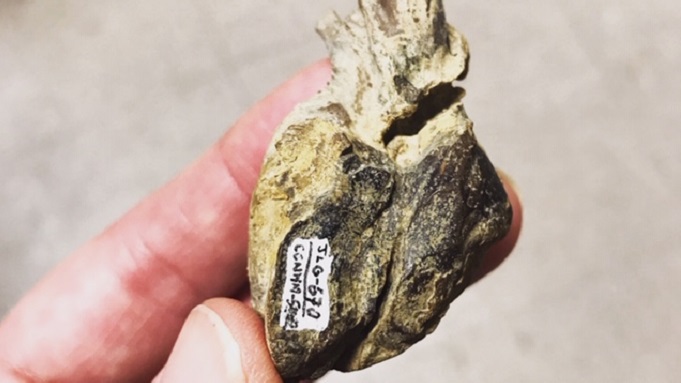
Dolphin ancestor’s hearing was more like hoofed mammals than today’s sea creatures
The team, one of the first in the world to examine the ability’s origins, used a small CT scanner to look inside a 30-million-year-old ear bone fossil from a specimen resembling Olympicetus avitus. Read MoreMay 15, 2019
-

Student pushing boundaries to impact the Earth, and people in it
What is more daring—camping in a remote part of Antarctica for a month doing field research, or directing and performing in a musical revue about the environment? For Earth and Environmental Sciences major Andrew Grant, pushing boundaries to positively impact the Earth, and the people who call it home, are equally thrilling. Read MoreJan 30, 2019
-
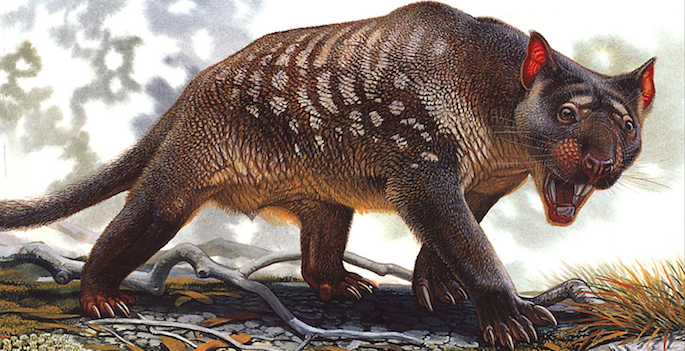
Climate change the likely killer of Australian marsupial lion
The extinction of one of Australia’s top predators, the marsupial lion, was likely a result of changing weather patterns and loss of habitat rather than human impacts, a study led by Vanderbilt University paleontologist Larisa DeSantis has found. Read MoreOct 19, 2018
-
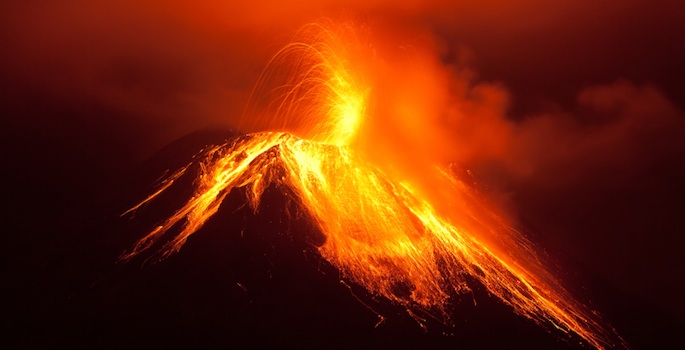
Volcano researcher learns how Earth builds supereruption-feeding magma systems
After studying layers of pumice, measuring the amount of crystals in the samples and using thermodynamic models, the team determined magma moved closer to the surface with each successive eruption. Read MoreOct 11, 2018